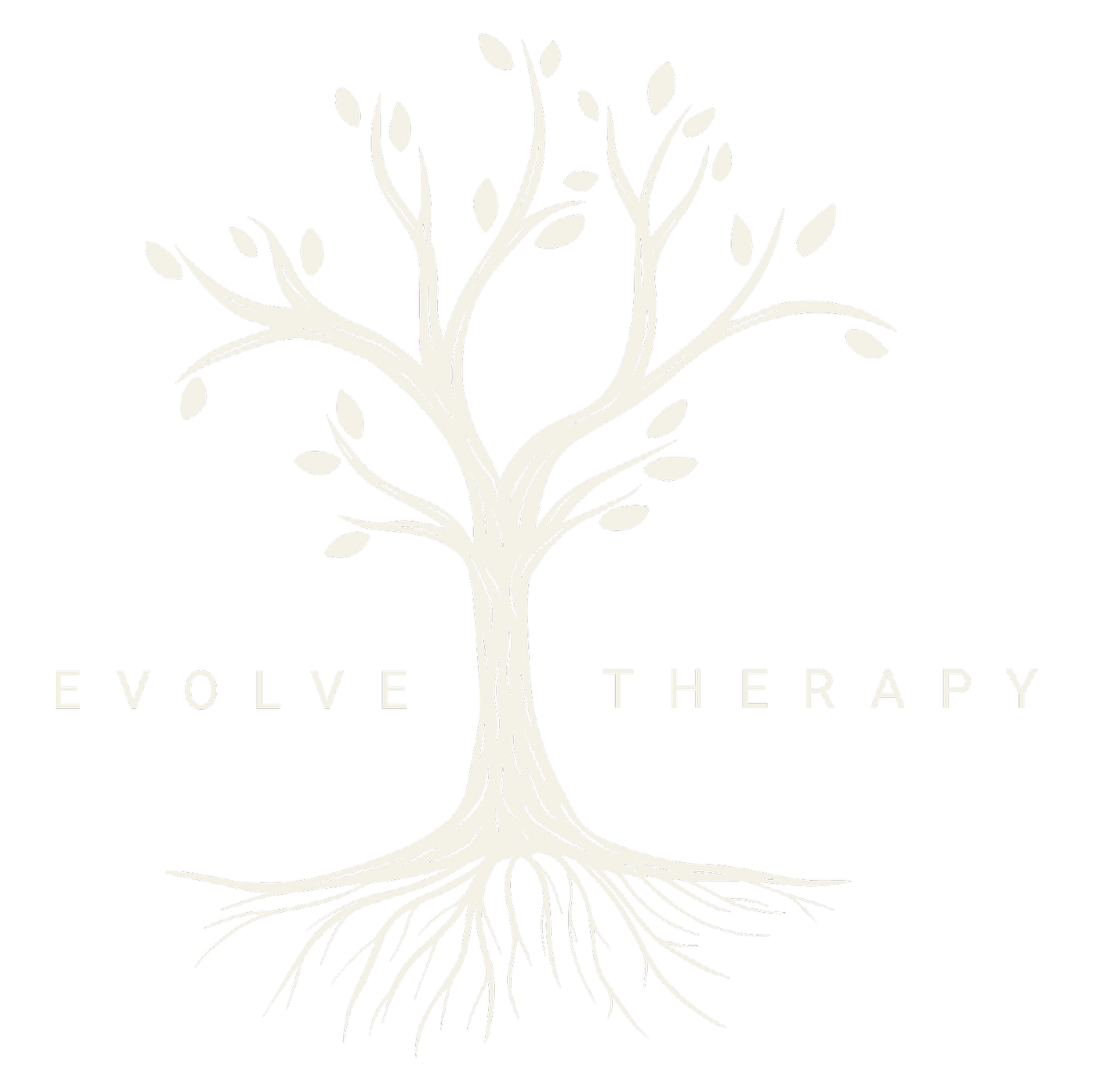Weekly Therapy vs. Therapy Intensives: Which Is Better for Me?
Fall is a season of change—cooler mornings, busier schedules, and the subtle sense that it’s time to get life back in order. If you’ve been considering therapy but aren’t sure whether weekly therapy or a therapy intensive fits best, both options can be transformative. Weekly sessions offer steady growth and accountability, while intensives provide faster, deeper results for those short on time. This fall, ask yourself: What kind of support fits my life right now?
Why Fall Is the Perfect Time to Start Therapy
There’s something about fall that inspires reflection. The air cools, the pace of life shifts, and we start feeling that “back-to-school” pull to reset and refocus. For many people, that includes finally making mental health a priority—especially after a busy summer of juggling work, family, and travel.
But there’s a question that often comes up when people decide to start therapy: Should I go the traditional route with weekly sessions, or try a therapy intensive for faster progress? Both can be effective, and neither is one-size-fits-all. Let’s break down the key differences so you can decide which approach works best for your goals this fall.
Weekly Therapy – The Traditional Approach
Weekly therapy is the classic 50-minute, once-a-week format most people picture when they think of counseling. It’s the slow-and-steady route: small, consistent steps that build insight, emotional regulation, and resilience over time.
What Weekly Therapy Offers
Consistency: A predictable hour each week to process, reflect, and get support.
Integration time: Space between sessions allows ideas to sink in and habits to solidify.
Therapeutic relationship: You and your therapist gradually develop deeper trust and connection.
Ongoing accountability: Great for people who thrive with regular check-ins.
When It’s a Good Fit
Weekly therapy tends to work best for those who:
Value long-term support and steady progress
Are new to therapy and building comfort with emotional work
Have multiple life areas they’d like to explore gradually
Prefer smaller, digestible doses of reflection and change
Think of weekly therapy as your mental-health rhythm—a consistent touchpoint that keeps you grounded through the ups and downs of everyday life.
Therapy Intensives – A Deeper Dive
Therapy intensives, on the other hand, are the deep-dive version of mental health care. Instead of spreading sessions across months, you dedicate several hours—or even a full day—to focused, immersive work.
What Therapy Intensives Offer
Depth: Fewer interruptions mean we stay in the therapeutic “flow” longer.
Efficiency: You cover weeks or months of material in a fraction of the time.
Momentum: Once you start, you don’t lose time re-orienting each week.
Flexibility: Ideal for people with demanding jobs, travel schedules, or caregiving responsibilities.
When Intensives Shine
Therapy intensives are particularly effective if you:
Have limited time but want meaningful progress
Are processing trauma, grief, or burnout
Are navigating a major life transition (career change, new parenthood, relocation)
Thrive in focused, retreat-style environments
Imagine it like emotional cross-training: You cover more ground in less time while still working safely and at your own pace.
How to Know Which Is Right for You This Fall
You can’t go wrong with either format—it’s really about what you need right now.
Both weekly therapy and therapy intensives can be incredibly effective—it just depends on your current season of life and how you like to work.
You might lean toward weekly therapy if:
You thrive on structure and steady progress.
You want consistent accountability and space between sessions to reflect.
You’re newer to therapy and want to move gradually.
You prefer ongoing support and relationship-based growth.
On the other hand, therapy intensives might be the better fit if:
You’re short on time but craving meaningful change.
You’re navigating a major life transition (career shift, relationship stress, parenting changes, or burnout).
You do best when you can focus deeply without weekly interruptions.
You want to make progress fast and have practical tools to integrate right away.
Some people even combine both formats—starting with an intensive for a focused reset, then shifting into weekly sessions for integration and maintenance (or vice versa). The best choice is the one that supports your bandwidth, goals, and current season of life.
The Role of Fall Transitions
Fall is nature’s built-in invitation to pause and realign. The light shifts, routines settle, and our nervous systems begin craving rhythm after summer’s chaos. It’s an ideal season to ask: What needs attention? What do I want to feel by the end of this year?
For some, that means weekly therapy to establish consistent self-care habits before the holidays hit. For others, it’s the perfect time for a therapy intensive—a focused reset before the rush of winter.
As the days shorten and energy turns inward, your body is naturally primed for introspection. That makes fall a beautiful moment to commit to the kind of therapy that fits your season of life, your bandwidth, and your goals.
Takeaways
Weekly therapy = steady growth, consistency, and integration time.
Therapy intensives = deep work, quick progress, and flexibility for busy schedules.
Many clients combine both throughout the year.
Fall transitions are the perfect time to pause, reassess, and choose the support that fits your needs now.
FAQ: Weekly Therapy vs. Therapy Intensives
What’s the biggest difference?
Weekly therapy offers slow, steady progress over time. Intensives provide faster, focused progress in fewer sessions.
Can I combine the two?
Absolutely. Many people do an intensive to address a specific issue, then transition to weekly therapy for maintenance—or vice versa.
Do therapy intensives feel overwhelming?
Surprisingly, no. The extended time actually reduces emotional whiplash because you stay in the flow of the work rather than stopping right when it gets meaningful.
Are intensives only for trauma?
Not at all. They’re great for anxiety, burnout, boundary work, life transitions, and personal growth.
I’ve never done therapy before—should I start with an intensive?
If you’re ready for focused support, yes. We’ll start with a consultation to ensure the structure feels safe and aligned for you.
Can I use insurance for either?
I’m an out-of-network provider, but many clients receive partial reimbursement. Superbills are provided upon request.
If you’ve been thinking about therapy but aren’t sure where to start, fall is the perfect time to decide. Whether you want the steady rhythm of weekly therapy or the immersive clarity of a therapy intensive, both can help you feel more grounded and connected before the year ends. Book a consult with me, and we can figure out what the best fit is for you!
About the Author
Beth Freese, LPC is a licensed therapist serving Phoenix and Scottsdale, Arizona, with virtual sessions available across Arizona, Oregon, and Connecticut. She specializes in trauma therapy, anxiety, and therapy intensives, integrating Deep Brain Reorienting (DBR) and somatic approaches to help clients process deeply, regulate effectively, and create lasting change. At Evolve Therapy, Beth provides compassionate, trauma-informed care that fits real life—whether that’s weekly or intensive work.




